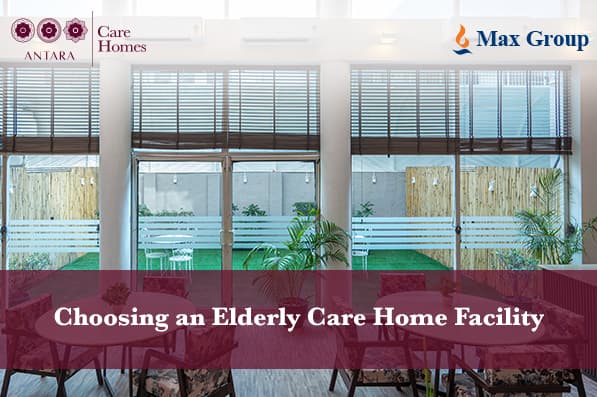
Loading...

Loading...
2025-05-13
Antara
Choosing an elderly care home facility often happens under immense pressure, with families frequently pushed to make decisions following sudden hospital discharges. With thousands of nursing homes available, finding the right one can feel overwhelming for families trying to ensure their loved ones receive safe, compassionate, high-quality care.

Furthermore, the financial implications can be substantial, often placing a heavy strain on family resources due to the high daily costs involved.
Families must carefully evaluate several critical factors when selecting an assisted living facility. First, the quality of medical care is paramount, as high-quality elderly nursing homes provide 24/7 expert support essential for proper recovery and ongoing health management. Equally important is the facility's inspection history, which reveals previous complaints and deficiencies. Additionally, choosing a care home for elderly relatives requires considering visitation policies, as restrictive rules can lead to isolation.
Selecting the right care home involves careful assessment of several crucial factors to ensure your loved one receives appropriate care in a safe, comfortable environment. The decision requires thoughtful consideration beyond just the physical facility.
Assessing specific care requirements is the first crucial step when selecting an elderly care facility. Start by evaluating your loved one's physical health conditions, mobility issues, cognitive abilities, and daily living requirements. Consider whether they need assistance with everyday activities like bathing, dressing, or medication management. Additionally, think about their emotional and social needs, which significantly affect their quality of life. Consulting doctors during this assessment stage provides valuable insights into the level of care required.
The quality of medical care available at a facility directly impacts residents' well-being. Look for homes with round-the-clock medical assistance and regular health check-ups. Enquire their protocols for handling health emergencies and resources to prevent falls and injuries. Check if they have trained caregivers and certified nurses specialised in senior care. Moreover, you should examine staff-to-resident ratios, as higher ratios typically indicate more personalised attention for each resident.

Making personal visits to shortlisted care homes is essential. Schedule multiple visits, including unannounced ones, to get an authentic picture of daily operations. During these visits, observe:
Financial considerations are vital when choosing a care home. Request detailed information about costs, including what services are included in the base fee and what incurs additional charges. Thoroughly review all contracts before signing, ensuring there are no hidden costs. Ask about payment options & potential financial assistance programmes. Consequently, determine if the facility accepts insurance or government schemes to help cover expenses.
Social engagement significantly impacts the mental health of elderly residents. Therefore, assess whether the facility offers recreational activities, cultural events, or wellness programmes. Look for spaces where residents can socialise and engage with others. First-rate facilities typically provide gardens, prayer rooms, or dedicated areas for various activities. Besides physical care, mental stimulation through social programmes helps prevent isolation and loneliness, maintaining cognitive health.
Thorough questioning during care home visits helps ensure the facility meets your loved one's specific needs and provides quality care. Prepare a list of questions about both practical matters and care philosophy.
Remember to visit more than once and at different times to get a genuine understanding of daily life at the facility.
Location should indeed be a priority consideration when selecting an elderly care home. Frequent visits from family and friends play a vital role in a resident's emotional well-being, so ideally, the care home should be situated close to loved ones.
For residents with dementia, location considerations extend to internal design features like secure gardens and free-flow access within the home.
You can change care homes if the current placement isn't working well. Perhaps your loved one struggles to settle in, the facility isn't the right fit, or the location makes regular family visits difficult. However, check the contract terms first to understand:
Understanding these elements beforehand helps avoid contractual issues during transitions.
Care home contracts should clearly outline all financial arrangements and services provided. Before signing, you should carefully review the agreement to understand:
Requesting this information demonstrates due diligence and helps prevent unexpected costs or disagreements later.

10 healthy meals for seniors that are Quick & Easy to cook

Understanding the Role of Family Involvement in Assisted Liv...

Essential Winter Nutritional Food for Seniors: Diet Tips

A Complete Guide to Choosing the Right Elder Home Care Servi...

How Does Climate Change Affect Senior Health? How to Protect...

Please fill in the form and submit the details to request an appointment.